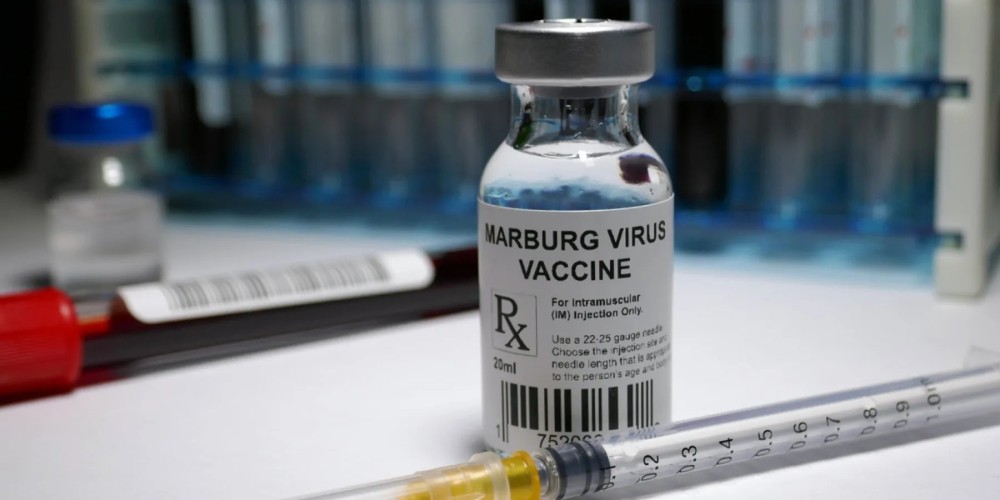KIGALI, October 3, 2024 — The Ministry of Health has announced that Rwanda is set to begin trials for vaccinating and treating individuals against the Marburg virus, a deadly disease that has caused 11 deaths since the outbreak was first detected in the country on September 27.
As of October 2, the Ministry confirmed 36 cases, with seven new infections. Of these, 25 patients remain under medical care. The outbreak has raised significant concern as the virus spreads, with efforts being made to control and contain it.
State Minister in the Ministry of Health, Dr. Yvan Butera, revealed that 410 individuals who had contact with infected patients are currently being monitored. Preliminary tests on these individuals have returned negative results for the virus, but further testing is ongoing to ensure accuracy.
Although there is no approved treatment or vaccine for the Marburg virus, the Rwanda Biomedical Center (RBC) reported that trials for drugs and vaccines are advancing. The current approach involves providing supportive care to alleviate symptoms, which, if administered early, significantly improves the chances of recovery.
Dr. Butera Yvan confirmed that the country will soon commence vaccine and treatment trials aimed at protecting those at the highest risk of contracting the virus. “We are close to starting trials for vaccines and treatments to protect those at high risk,” he said.
In an exclusive interview, Health Minister Dr. Sabin Nsanzimana disclosed that vaccinations could begin within the next two weeks, starting with patients already in hospitals. “Yes, we are planning it soon, and it could even happen in less than two weeks, but the exact date has not yet been finalized,” he said.

The vaccines and treatments set to be used are in the final stages of research. Dr. Nsanzimana noted that Rwanda is closely collaborating with the World Health Organization (WHO) to accelerate the development and deployment of these medical interventions.
“It’s important to note that the vaccines are in the final research stages, and there are also drugs in development that have not yet reached the market. WHO has been working on speeding up this process,” he added.
The source of the virus in Rwanda remains unclear, but Dr. Nsanzimana assured the public that investigations are ongoing to determine how the virus entered the country. Once identified, authorities will promptly inform the public.
The groups most at risk of contracting the Marburg virus include healthcare workers, those handling the bodies of individuals who have died from the virus during burial, and people who have been in close contact with infected individuals showing symptoms.
The Marburg virus shares initial symptoms with other illnesses such as Malaria and Typhoid, including high fever, severe headaches, muscle pain, fatigue, vomiting, and diarrhea. The virus spreads through contact with bodily fluids or blood from an infected person, or by touching surfaces and objects contaminated by these fluids.
RBC emphasized that individuals infected with the Marburg virus but not yet displaying symptoms are less likely to transmit the disease to others, though caution remains a top priority as the trials get underway.
The trials are expected to be a significant step in Rwanda’s efforts to combat the outbreak and protect vulnerable populations from the deadly virus



